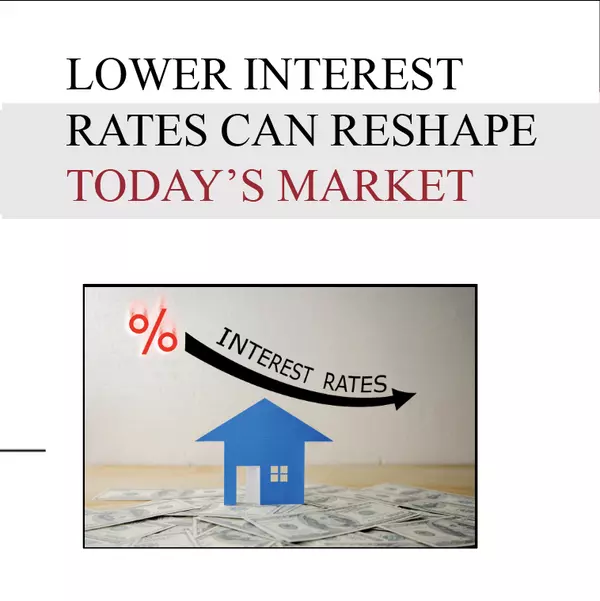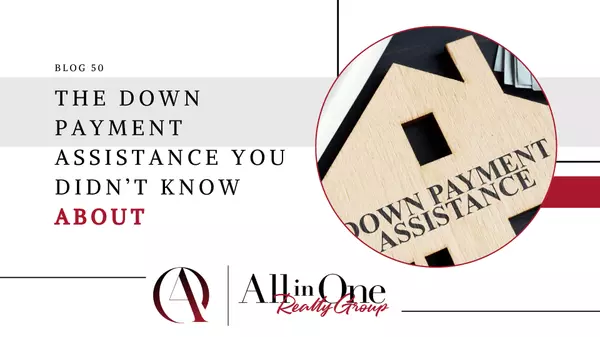
This Is the Sweet Spot Homebuyers Have Been Waiting For
After months of sitting on the sidelines, many homebuyers who were priced out by high mortgage rates and affordability challenges finally have an opportunity to make their move. With rates trending down, today’s market is a sweet spot for buyers—and it’s one that may not last long. So, if you’ve put

Now’s the Time To Upgrade to Your Dream Home
If you’ve been wanting to sell your house and move up to a bigger or nicer home, you’re not alone. A recent Inman survey reveals the top motivator for today’s homebuyers is the desire for more space or an upgraded home (see graph below): But there’s also a good chance you, like many other people, ha

How Much Does It Cost To Sell My House?
If you’re toying with the idea of selling your house, you’re probably wondering how much it’ll cost. To be honest, the final number will depend on several factors like the offer you accept, if you help with your buyer’s closing costs, how many repairs you tackle, and more. So, to give you a ballpark
- 1
- 2
- 3
- 4
- 5
- ...
- 20
Categories
Recent Posts












